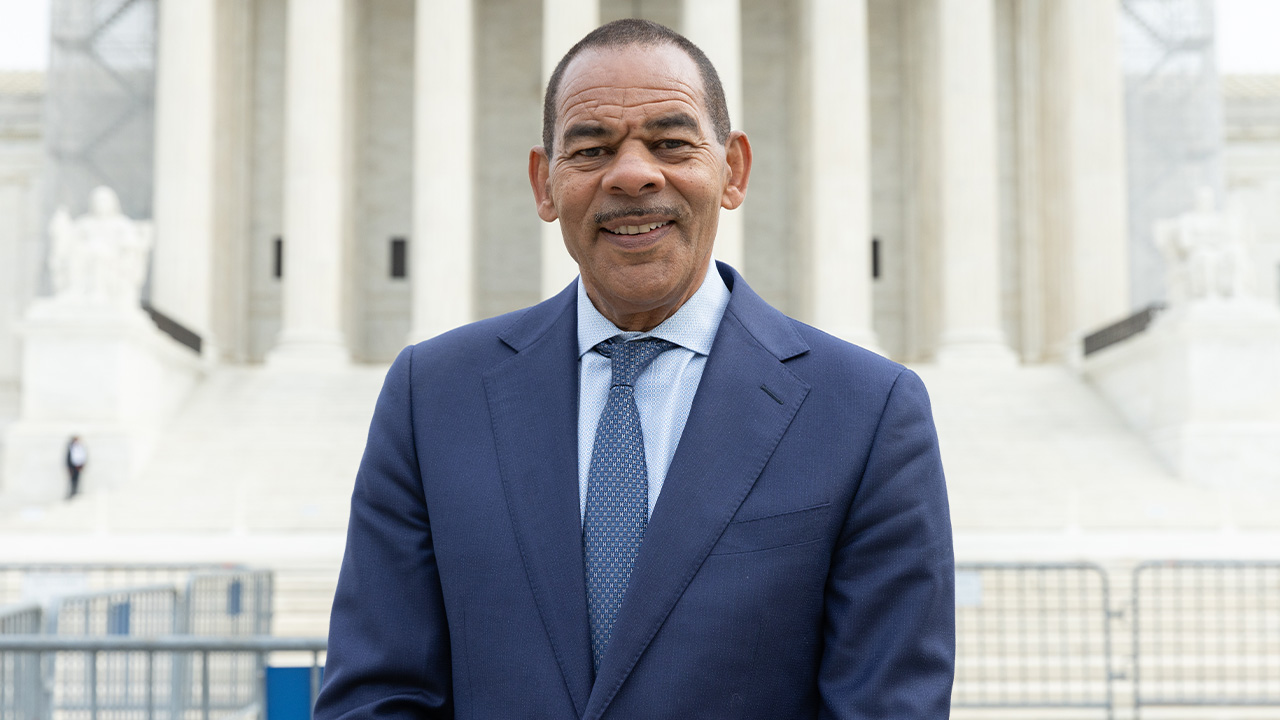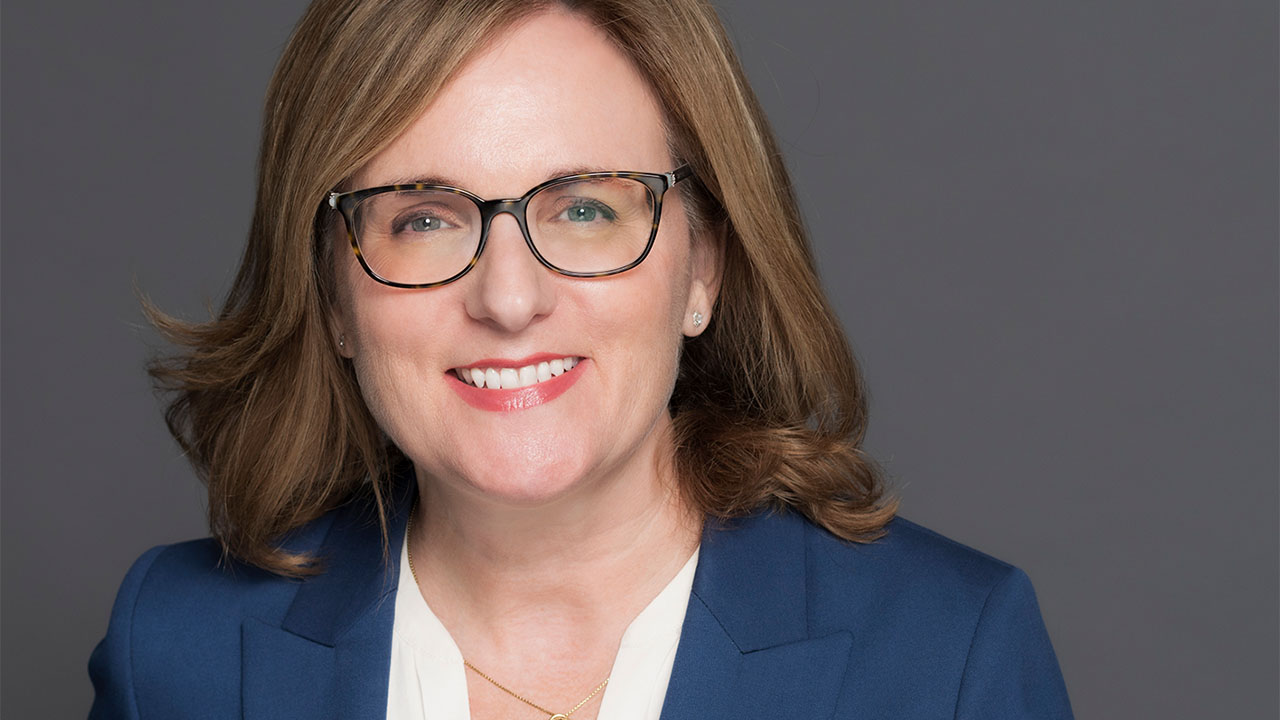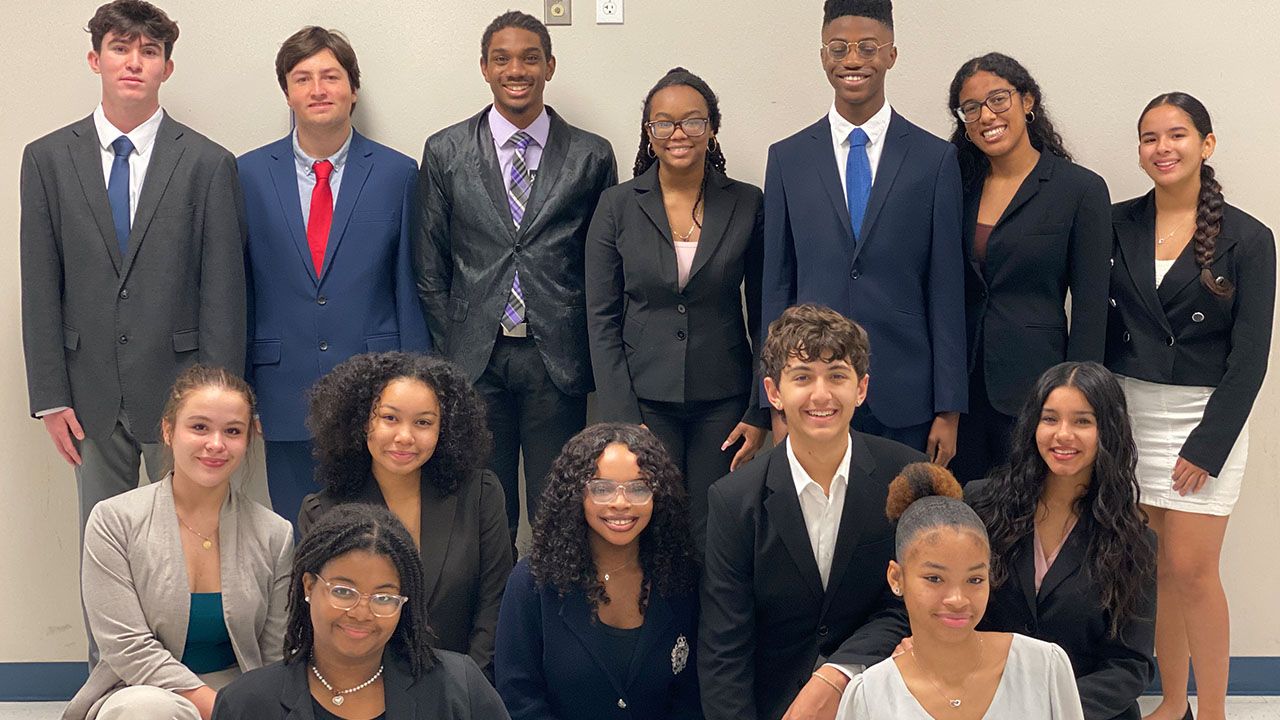According to the Florida Supreme Court and U.S. Supreme Court, auditing firms have a duty to serve as “watchdogs” to detect fraud and other irregularities that might lurk within the byzantine accounting statements of America’s corporations.
But as frustrated investors know, the failure of auditors to detect fraud has dogged the accounting profession for years. In turn, shareholders and bondholders have lost fortunes large and small amid the collapses of companies such as Enron and Sunbeam. And during the Great Recession, the nation’s Big Four accounting firms all had major clients that collapsed under the nation’s mortgage crisis.
A similar fate befell investors in Colonial BancGroup in 2009, when the Montgomery, Alabama-based institution collapsed. The failure of the bank, which also operated in Florida, Georgia, Texas and Nevada, was largely the byproduct of looting of billions of dollars by senior executives between 2002 and 2008, according to prosecutors. They were in cahoots, federal law enforcement charged, with executives at the Ocala mortgage lending firm of Taylor Bean & Whitaker, the bank’s largest mortgage lending client.
Federal agents raided both companies, which shut down and filed for bankruptcy in 2009. BB&T of Winston-Salem, North Carolina, bought $22 billion of Colonial’s assets while the Federal Deposit Insurance Corp. stepped in to guarantee depositor account balances up to $250,000 at a cost to taxpayers of $3.3 billion.
Federal prosecutors asserted that the fraud was led by Lee Farkas, Taylor Bean’s chairman. He was convicted on fraud charges in 2011 and is serving a 30-year sentence in North Carolina. Five other Taylor Bean executives and two Colonial employees pleaded guilty in the case.
After the executives went to prison, a trustee for the TB&W bankruptcy estate sifted through the wreckage seeking to recover assets for victims, including employees who lost wages, various small business creditors, Freddie Mac and Deutsche Bank, among others.
Now, in a high point of that effort, the largest accounting negligence case to go to trial is unfolding in the Miami-Dade County Courthouse, where a jury is being asked to decide whether Colonial’s auditor, PricewaterhouseCoopers, should be held responsible for failing to detect the fraud committed against the bank and Taylor Bean. The TB&W bankruptcy plan trustee, Neil Luria, is seeking $5.5 billion in compensatory damages and unspecified punitive damages.
In 2011, he filed a similar suit against the mortgage company’s external auditor, Deloitte & Touche. The suit was settled three years ago. Terms were not disclosed.
The Miami lawsuit alleges that PwC, which served as Colonial’s external auditor, signed off on mortgage-related assets that actually did not exist. According to the complaint, executives at Taylor Bean spent six years moving money among its accounts at Colonial to cure overdrafts. An accumulation of those activities allegedly helped contribute to Colonial’s collapse.
The lawsuit notes that not all of the Taylor Bean executives were involved in wrongdoing: If those not involved had been notified by PwC about the fake mortgages, there would have been no fraud and the bank’s collapse could have been averted.
“This is basically holding an auditor responsible for its failure to do its job,” says Steven W. Thomas, a California attorney who leads the plaintiff case on Luria’s behalf.
He argues that even though PwC was not the auditor for TB&W, the auditing firm’s failure to detect the fraud at Colonial had a ripple effect on the companies and individuals who did business with TB&W.
“Public auditors are responsible in our country when they certify fraudulent assets,” he says. In court papers, Luria argues PwC failed to audit billions of dollars of transactions between 2002 and 2008, failed to certify assets listed on Colonial’s books and relied on contracts that were not signed.
On behalf of the defense, PwC attorneys argue that the auditors performed their audits properly, but were fooled into signing off on Colonial’s books each year because collusion between executives at Colonial and at TB&W made the fraud hard to detect.
“Even a properly designed and executed audit may not detect fraud, especially in instances when there is collusion, fabrication of documents and the override of controls, as there was at Colonial Bank,” Atlanta attorney Elizabeth Tanis of King & Spalding said in a statement. She leads a team of more than a dozen lawyers defending PwC.
“PricewaterhouseCoopers did its job,” she said.
The trial, overseen by Miami-Dade Circuit Judge Jacqueline Hogan Scola, was expected to last through the middle of this month.
David Lyons is a past editor-in-chief of the Daily Business Review. He is principal of Lyons Strategic Communications of Fort Lauderdale.















